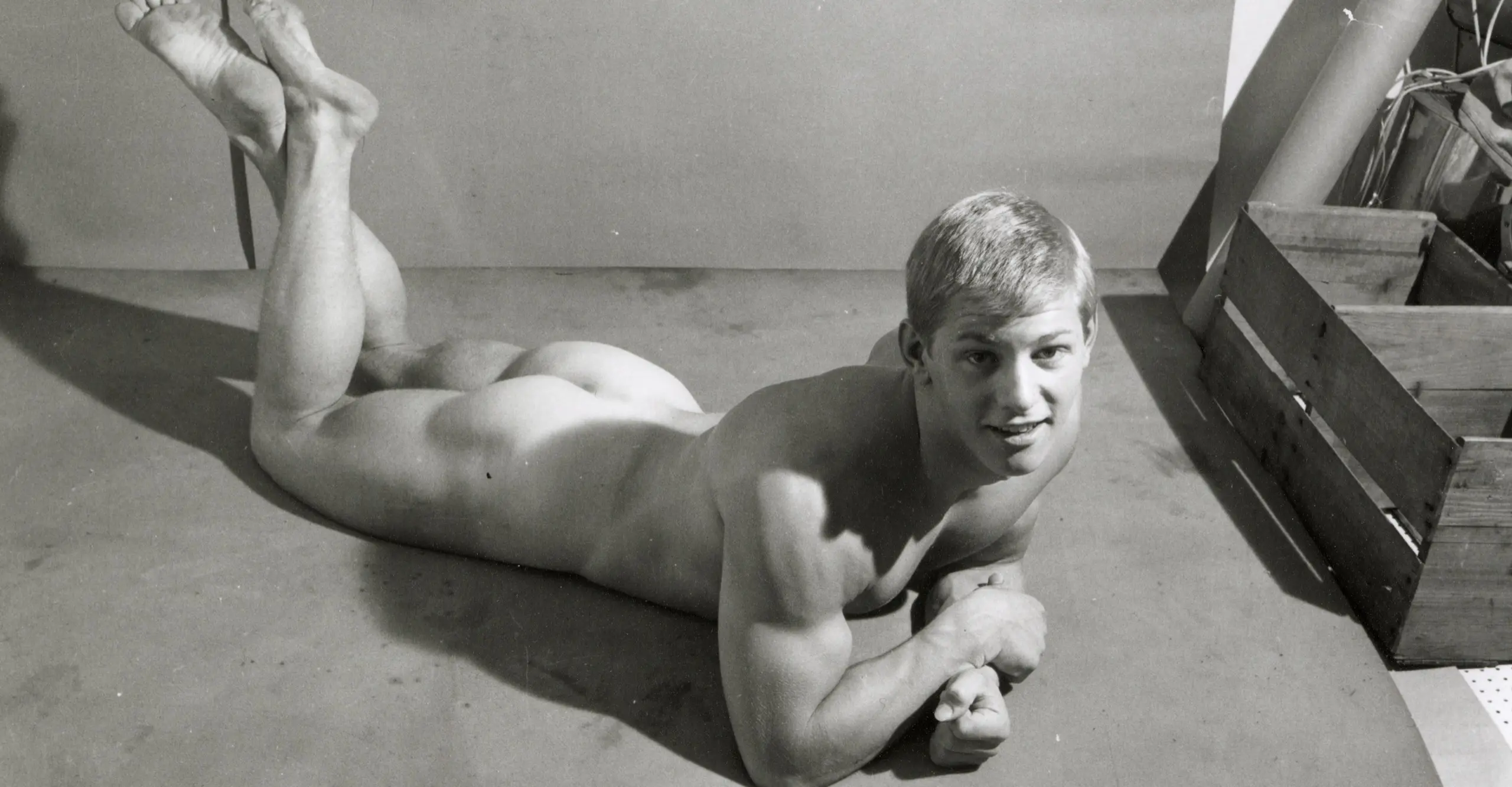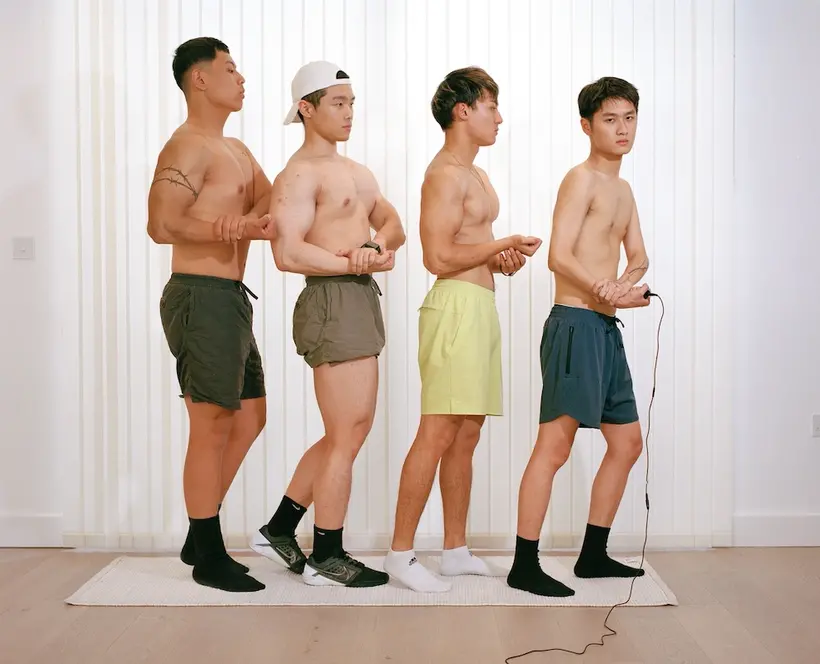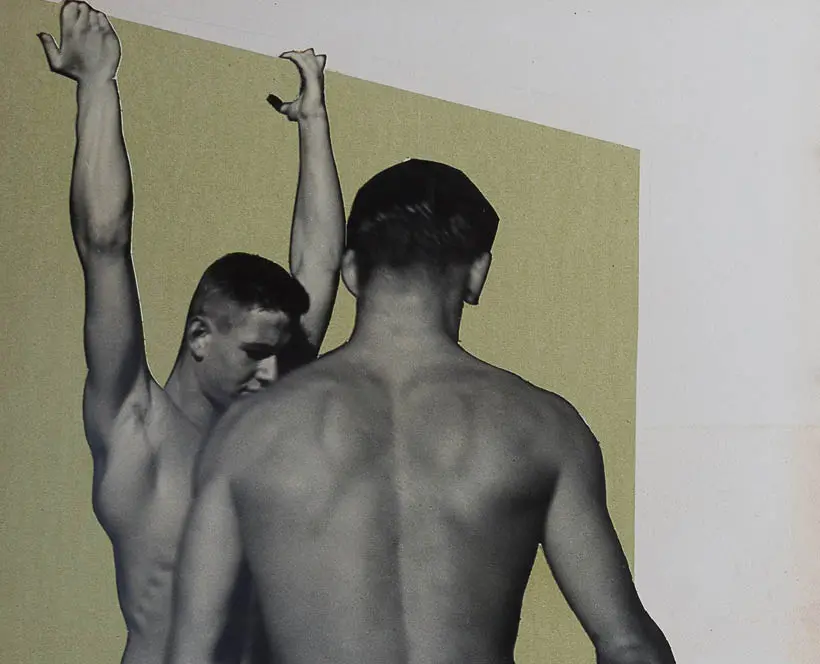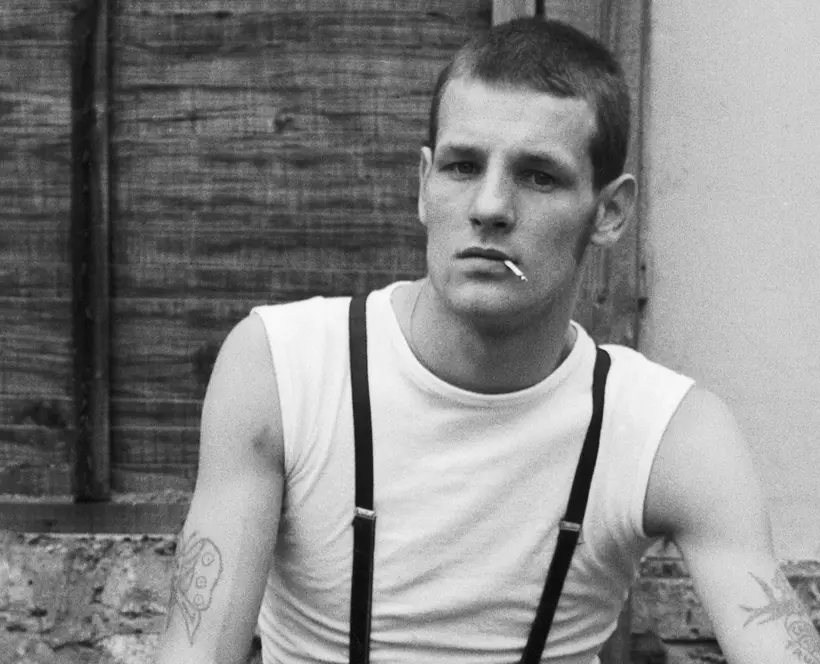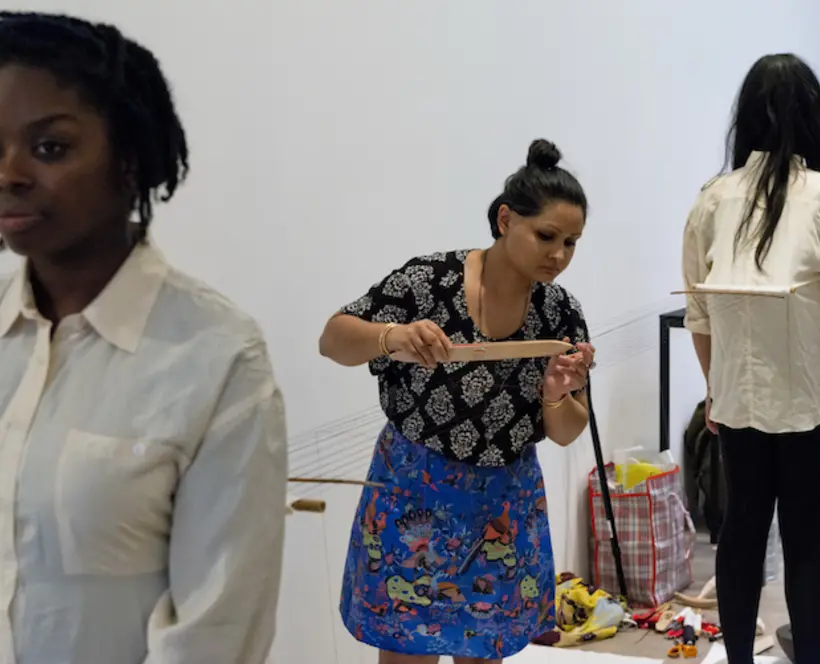The male form in queer art is a powerful reflection of 20th century art, culture and changing legality. How did clandestine London queer culture evolve in that time? Who captured this on camera and why?
Spanning five weeks, this course considers masculine-presenting queer culture and its relationship to photographs of men’s bodies from London, and the remarkable archive of queer visual history from the 20th Century. Together we will look at the stories behind them and links to other artists and photographers as we reflect, from our contemporary experience, on what the queer masculine-presenting form represents today.
We will discuss the work of photographers such as Keith Vaughan, Rotimi Fani-Kayode, David Gwinnutt and Cecil Beaton, among many others. Subjects to be covered include activism and visibility, the queer imaginary, LGBT rights in the UK, aesthetics and trans masculinities.
Each session takes place weekly online using Zoom. Sessions include a blend of lectures, group discussion and guest contributions from curators, photographers and artists.
This course is led by art historian and learning curator Jon Sleigh.
Who is this for?
This course is open to all who are interested in photography and for those who want to explore queer visual culture. While the subject matter is both queer and masculine-presenting, this conversation sits at the intersection of many different identities and expressions. Content notices are given on the themes and artworks throughout so participants can make informed decisions on access for their wellness.
Schedule
Session 1 | Resistance: Capturing Queer Subculture on Tue 28 Mar
Beginning with Keith Vaughan, this session charts the tensions around the invisibility to overt politicisation of the queer body in 20th century art photography. This week will also feature an introduction to A Hard Man is Good to Find! from exhibition curator Alistair O’Neill.
Session 2 | Power, Politics and Hardness on Tue 4 Apr
Who defines queer male erotica and how? In this session we explore what male-presenting ‘hardness’ is and patriarchy’s effect on the body to examine notions of gendered privilege and expressions of power. We will also look at the work of photographer Rotimi Fani-Kayode. This will will feature contributions from photographer Robert Taylor.
Session 3 | Queer Imagination on Camera on Tue 11 Apr
This week reflects on changing LGBTQ Rights in the 20th century, the evolution and loss of temporal queer spaces, and the way this is presented on camera. There will be discussion on masculine-presenting sexuality in photography and the tension between function and fantasy. This week we will focus on the work of David Gwinnutt.
Session 4 | The Posing Pouch on Tue 18 Apr
Who decides what is beautiful? Using the work of Cecil Beaton as a starting point, we turn to the politics of queer aesthetics, highlighting the importance of fashion and beauty as a form of political resistance. In this session we will also look specifically at representations of trans masculine identities and experiences in photography. This will will feature contributions from artist Jesse Glazzard.
Session 5 | Clandestine Queer Spaces on Camera on Tue 25 Apr
In our final session, we take a broad look at queer art from post-war Britain to the 1990s to discuss the portrayal of clandestine queer spaces captured in photography. Topics include class, masculinity and privilege of visibility.
Biographies
Alistair O’Neill is a writer, curator and professor of Fashion History and Theory at Central Saint Martins (University of the Arts London). He is the author of London - After a Fashion, and publishes widely on fashion and photography. His curated exhibitions include Exploding Fashion: 2D - 3D - 3D Animation and Guy Bourdin: Image Maker; and he consults for museums and galleries including the V&A, National Portrait Gallery, Somerset House and the Design Museum. O’Neill is a founding member of the UAL Photography and the Archive research centre, sits on the editorial board of Fashion Theory, Film Fashion & Consumption, Dune, and writes regularly for Aperture magazine.
Jon Sleigh (he/him) is a freelance learning curator and art history writer. He works as a specialist in fine art and collections engagement with a diverse portfolio of arts institutions, museum and heritage sites across the UK. Clients include the National Gallery, The Courtauld, Tate, The National Archives, Historic Royal Palaces, Art Fund, The V&A, the Government Art Collection and the Arts Council Collection. Prior to this Jon worked for Birmingham Museums Trust / The Arts Collection in round one of the acclaimed ACE National Partners Programme. He produces, delivers and consults on art engagement. Jon has built a national reputation for innovation, applied ethics and delivery of projects reflecting inclusive futures. He has a passion for challenging and underrepresented narratives in art – co-producing with communities to bringing their lived experience to artworks for advocacy.
Robert Taylor has published and exhibited widely over 35 years. His work is held in various permanent collections, including the V&A and National Portrait Gallery. Projects include many contributions to LGBTQ+ rights campaigns and HIV prevention. His current practice divides between collections of portraits of women fellows of various Oxford University colleges, and art based projects centred on identity and desire. In collaboration with David McAlmont and others, he has just completed Permissible Beauties, a two-month immersive installation at Hampton Court Palace exploring perceptions of human beauty, comparing 17th century royal court notions with those of six contemporary Black-Queer performers.
Bursaries
A number of partial bursaries covering 50 per cent of course fees will be awarded on a first come basis. Applicants who wish to be considered for a partial bursary should submit a statement (max. 500 words) to projects@tpg.org.uk, outlining how 20th Century Queer: Photography & the Male Body would contribute to their professional development. Successful applicants will be notified within a week of submission.
We actively encourage applications from groups who are currently underrepresented in the cultural sector in the UK. This includes people who identify as D/deaf, disabled* and neurodivergent; those with caring responsibilities; candidates from Black, Asian and ethnically diverse backgrounds; and arts and culture professionals whose career development has been negatively impacted by Covid-19, prioritising independent artists, freelancers and those made redundant/at risk of redundancy since 2020.
*The Equality Act 2010 defines a disabled person as someone who has a physical or mental impairment, and the impairment has a substantial and long-term adverse effect on their ability to carry out normal day-to-day activities. Sharing that you are disabled will not be used in any way in judging the quality of your application.
Details on how to access this event will be confirmed upon registration. Please check your junk folders if you haven't received an email from TPG staff confirming your place.
Ticketing
By booking for this event you agree to our Terms & Conditions.
